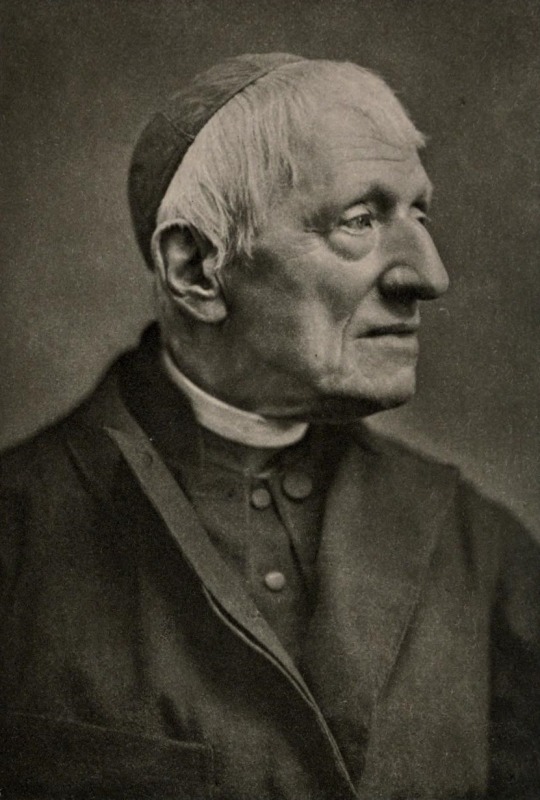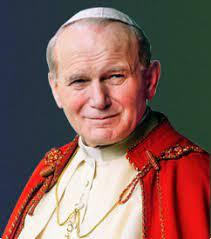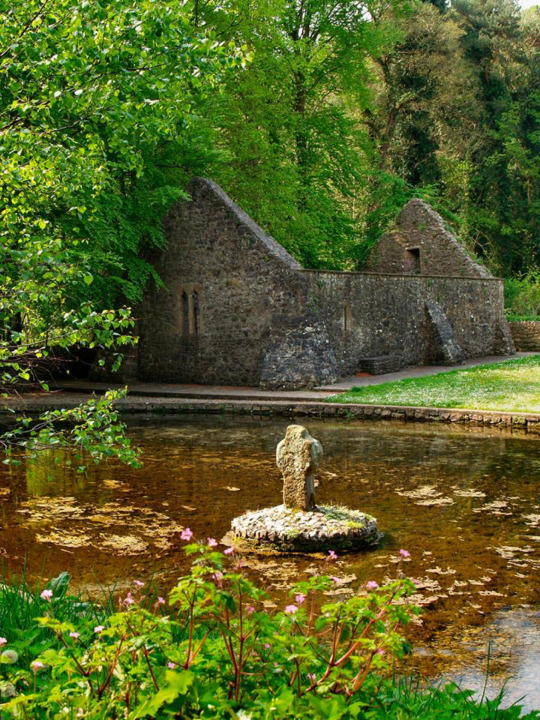#pope st john paul ii
Explore tagged Tumblr posts
Text


Pope John Paul II (born Karol Józef Wojtyła, 18 May 1920 – 2 April 2005) was head of the Catholic Church and sovereign of the Vatican City State from 1978 until his death in 2005.
Pope Benedict XVI (born Joseph Alois Ratzinger, 16 April 1927 – 31 December 2022) was head of the Catholic Church and sovereign of the Vatican City State from 19 April 2005 until his resignation on 28 February 2013.
Benedict's election as pope occurred in the 2005 papal conclave that followed the death of Pope John Paul II.
Upon his resignation, Benedict chose to be known as "Pope emeritus." He retained this title until his death in 2022.
Pope Francis (born Jorge Mario Bergoglio, 17 December 1936 – 21 April 2025) was the head of the Catholic Church and sovereign of the Vatican City State from 2013 until his death in 2025.
He was the first pope from the Society of Jesus (the Jesuit Order), the first Latin American, the first from the Americas, the first from the Southern Hemisphere, and the first born or raised outside of Europe since the 8th-century Syrian pope Gregory III.
🤍🕯️🤍
#popes#pope st john paul II#pope john paul II#pope benedict XVI#pope francis#vatican#holy see#catholic church#Karol Józef Wojtyła#Joseph Alois Ratzinger#Jorge Mario Bergoglio#papacy
7 notes
·
View notes
Text

Y'ALL. I was very excited to find this on Spotify (it’s the whole Mass!) so I looked it up to find when it was from--it's from April 21st, 1979, the exact day my parents got married!!! Just found a new copy on vinyl and ordered it. I have chills.
10 notes
·
View notes
Text


About St John Henry Cardinal Newman (left)
About Pope St John Paul II (right)
Modern Bracket Round 1
#st john henry newman#st john henry cardinal newman#st john paul ii#pope st john paul ii#catholic saint tournament#tumblr polls#theology#tumblr tournament#polls#tumblr bracket#christianity#catholic saints#catholicism#catholic
24 notes
·
View notes
Text

#my post#comic#beatles#pope#st. john paul ii#george harrison#ringo starr#catholic#roman catholic#abby road
163 notes
·
View notes
Text

#roman catholic#catholiscism#catholique#catholic#pope#lent#easter#ash wednesday#byzantine#orthodox#russian orthodox#vatican#rome#pope francis#pope john paul ii#pope benedict xvi#first communion#baptism#bible verse#bible study#bible scripture#bible#holy water#cathedral#notre dame#st patrick's day#st paul#st petersburg#st joseph#st john the baptist
11 notes
·
View notes
Text
Catholic ties for Catholic guys!
Just spent the week making one of each to display at the TDD table this weekend!

#catholic#etsy#mary#jesus#christian#catholic art#truedevotiondesign#vintage#our lady of mount carmel#marian monogram#marian devotion#st benedict#st benedict medal#totus tuus#st pope john paul ii
26 notes
·
View notes
Text
Man cannot be manifested in the full dignity of his nature without reference-- not only on the level of concepts but also in an integrally existential way-- to God.
Dives In Misericordia
Encyclical Letter of the Supreme Pontiff JOHN PAUL II on the Mercy of God
#catholicism#catholic#theology#spirituality#catholic saints#saints#christianity#literature#quotes#collecting quotes#life quotes#literary quotes#words#lit#pope john paul ii#st john paul ii#john paul ii
11 notes
·
View notes
Text

8 notes
·
View notes
Text
Problems!
#spitting image#lolitics#claire rayner#agony aunt#queen elizabeth ii#konstantin chernenko#melvyn bragg#steve davis#frank bruno#mikhail gorbachev#margaret thatcher#shirley williams#cecil parkinson#ian st john#leon brittan#ronald reagan#pope john paul ii#eric heffer#joan collins
7 notes
·
View notes
Text

In the sacred depths of contemplative silence, we behold the mystical continuity of Holy Mother Church, as once the elder shepherd in this image extended his hands in blessing, so too does the mantle of St. Peter now rest upon our Holy Father Leo XIV, called forth from the shadows like Elijah to bear the prophetic flame in these latter days. Laudetur Jesus Christus!��
#catholic#carmelite#mount carmel#christianity#carmelites#franciscans#franciscan#st teresa of avila#vatican#god#jpii#pope john paul ii#pope leo xiv#pope
3 notes
·
View notes
Text
#OTD in Irish History | 13 May:
1842 – Arthur Sullivan, the son of an Irish musician, is born. Along with William Gilbert he invented the English operetta. Sullivan’s last work is entitled “The Emerald Isle”. 1848 – The Irish Confederation splits; John Mitchel starts the militant United Irishman; he is arrested on this date and is sentenced to 14 years transportation under the new Treason-Felony Act. 1851 – Wexford physician…

View On WordPress
#irelandinspires#irishhistory ireland#OTD#13 May#Éamon De Valera#Black Whitsun#Clonmel#Co. Tipperary#Dan Breen#History#History of Ireland#IRA#Ireland#Irish History#Pope John Paul II#Sean Treacy#Seán Hogan#Sinn Fein#St Patrick&039;s Well#Today in Irish History#Winston Churchill
7 notes
·
View notes
Text


19 April 2025








#easter#easter sunday#vatican#the netherlands#st peter's basilica#flowers#titus brandsma#dr charles lansdorp#pope st john paul II#florists#flower industry#jubilee of hope#spring#dutch#national pride
0 notes
Text
If we take a close look at what contemporary men and women expect from priests, we will see that, in the end, they have but one great expectation: they are thirsting for Christ.
St. John Paul II, Gift and Mystery
#st john paul ii#st john paul the great#pope john paul ii#jpii#gift and mystery#quote#book#book quote#catholic#Christ#priest#priesthood#expectation
7 notes
·
View notes
Note
he's probably already been submitted, so this is a vote for Pope John Paul II 🇵🇱
You may be surprised to learn that Pope St John Paul II has only been submitted ONCE so this is only his second vote for him!! He's going to need a lot more propaganda to make it to the modern bracket!!
8 notes
·
View notes
Text
The St. John Paul II Novena — Finding Hope and Healing
In times of illness, uncertainty, or spiritual need, many turn to the power of prayer for comfort and healing. One beautiful tradition in our Catholic faith is the novena – a nine-day period of dedicated prayer for a specific intention. Today, we’re exploring a particularly poignant novena: the St. John Paul II Healing Novena. Novena to St. John Paul II — October 13-21 Who was St. John Paul…
#healing novena#John Paul II novena#Pope John Paul II#Pope John Paul II Healing Novena#Pope John Paul II Novena#St. John Paul II#St. John Paul II Novena
2 notes
·
View notes
Text

29 notes
·
View notes